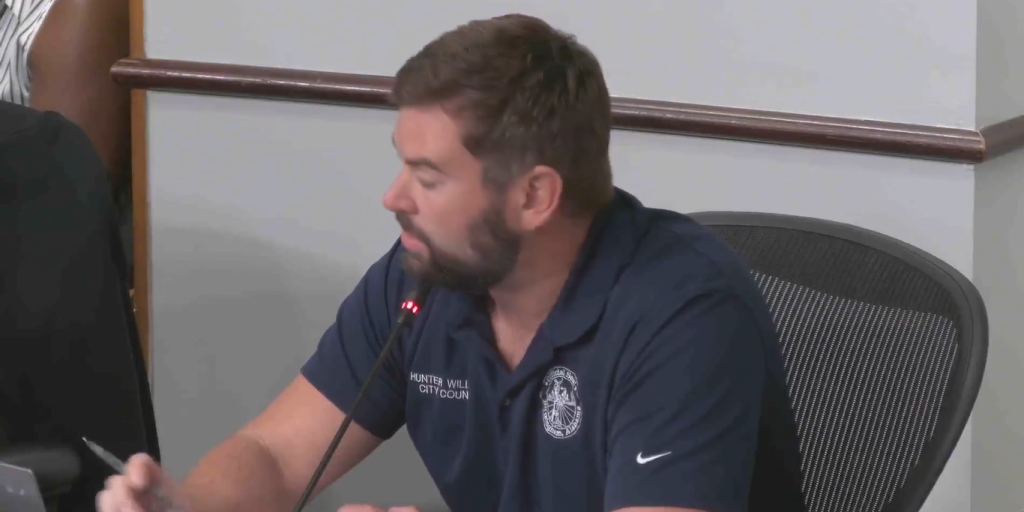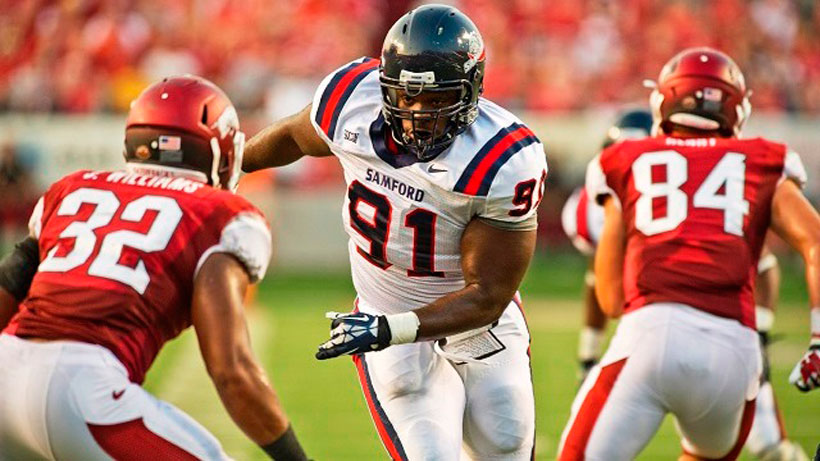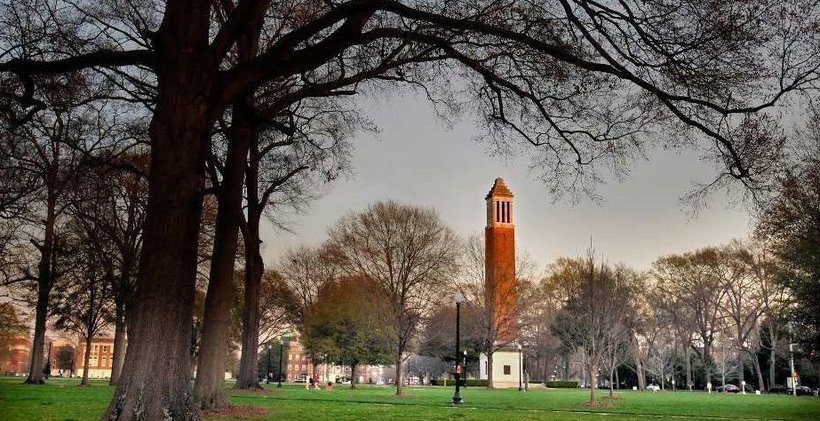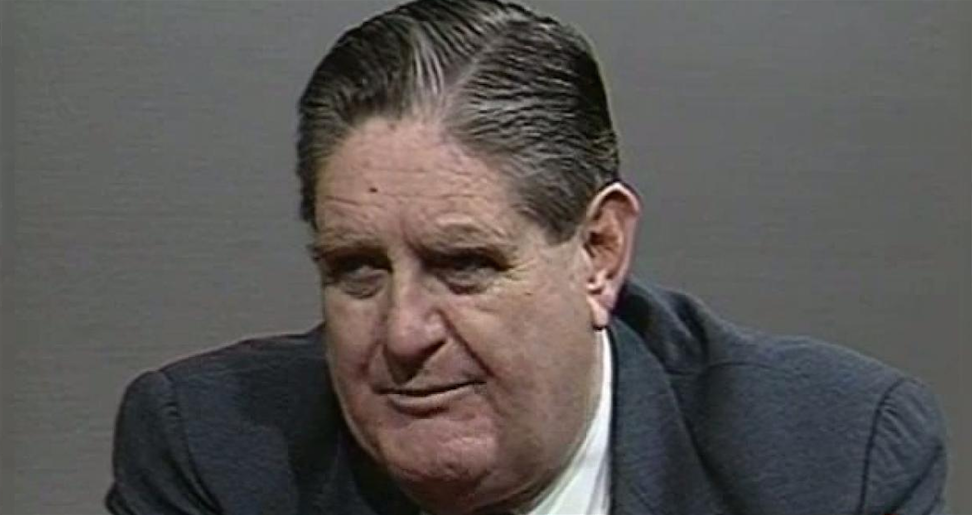(Video above: Sen. Marco Rubio (R-Fla.) discusses his faith during the q&a portion of a campaign event)
The Internet is simultaneously the only way I can get anything done and the biggest reason I don’t get as much done as I should. On Monday night, it was the latter as I got scrolled through various social media feeds. That is, until I stumbled across a Facebook post by a friend of mine who is studying to be a minister at The Beeson Divinity School of Samford University.
He had posted a video of Florida senator and Republican presidential hopeful Marco Rubio speaking at a campaign event. The video, which can be viewed above, was titled “God’s ways are not our ways,” and he added the caption, “‘All these politicians are the same, they don’t really believe what they say about God!’ Not so fast. Bravo, Marco Rubio.”
I clicked through to check out the video and it began with a question from a young man off camera who asked the senator, “Whenever you make big political — or, in general — decision, do you go to God’s counsel for guidance?”
Now, it’s hardly unusual for candidates — Republican candidates in particular — to get such questions about their faith. But as my friend alluded to in his Facebook post, it is rare for a politician to come across as entirely genuine in their answer.
Most candidates seem to reflect the kind of inch-deep cultural Christianity that is so pervasive in America these days, while others try to manipulate the country’s large swatch of evangelical voters by tossing out buzzwords and phrases like “war on Christmas.”
But here’s an excerpt (lightly edited and shortened for clarity, not content) from Rubio’s response to whether he turns to God for guidance:
I’d love to tell you, ‘Absolutely, every time.’ I should, and I often do. I think none of us do that enough.
Somebody asked me, ‘Do you ever doubt your faith?’ People think doubting your faith means you wake up in the morning and wonder, ‘Is there really a God?’ But let me tell you when you really doubt your faith. You doubt your faith when you are confronted with a challenge or a problem and you start to have deep anxiety about it. Every time we’re anxious about something, what we’re basically saying is, ‘I know God is very powerful, but this problem is so big not even God can solve it. It’s going to have to be up to me to solve it.’ I would love to tell you that I always get that right. I don’t. Like many people, I oftentimes worry about things, whatever they might be.
We’re ordered to have peace. And the peace we’re left with is not the peace of ‘It’s all going to work out great.’ We’re not promised that. In fact, those of us who share the Christian faith, we’re promised adversity. We are told we will be discriminated against, hated, and persecuted. Obviously we’re fortunate to live in a country where the persecution is relative compared to other parts of the world. But none of us is promised prosperity. The peace that we’re promised is being able to handle anything that comes our way with a spirit of happiness and joy, knowing that it’s part of God’s plan, which we don’t fully understand.
So, to answer your question, I don’t always get that right. On big decisions, absolutely. When something big is happening, the first thing I do is drop to my knees, as I’m sure most of you do as well. But it’s in the little things that we’re called to be faithful — the daily occurrences of every day life where our faith is being tested and we’re constantly reminded that we should be turning to God in all things, the big and the little.
Rubio then recalled being asked where God was when the towers fell on 9/11. Here’s how he responded:
Where God always is: on the throne in heaven. The question was, ‘How could God allow these bad things to happen?’ It always challenges us to understand that God’s ways are not our ways. What we may interpret as bad — or what certainly is, in the cases of Paris or 9/11 — even that is part of a broader plan for the universe and our lives that we’re just not going to know the answer to. God’s ways are not our ways.
We all have to take our children for their vaccines, and depending on how your kids are that can be a very harrowing experience. I have one child in particular that every time he would get his shots when he was young, I’d literally have to restrain him.
Especially when they’re young, you can’t explain any of this to them. All that child understands at three or four years of age is, ‘My father’ or ‘My mother, who loves me, is allowing a stranger to stick a needle in my arm and it hurts. Why are they allowing me to be hurt by this stranger? I don’t understand it.’ But parents understand it, because while that needle hurts for three or four seconds, it prevents something much more painful, much more dangerous and much harder later on.
Well, I love my children, and that’s why I did it for them. Now imagine a God that loves you infinitely more than you love your own children. Imagine a God that has knowledge infinitely greater than what I have for my children. That’s our relationship with our Creator. So sometimes God does allow pain into our lives for reasons that we don’t understand, that we resent, that we get angry about. But it’s for a reason. One day it’ll all make sense, but not now. And that’s where faith comes in.
I hope our next president is someone who relies deeply on their faith. The job is so great that no mere mortal has enough wisdom on their own to confront the challenges and responsibilities that are put upon the leader of the free world. I hope our next president is someone infused by the Spirit, who seeks the guidance of our Creator in all decisions.
Wow.
As impressive as Rubio has been in the recent debates, particularly with his handle on foreign policy and national security issues, it’s the way he talks about his faith that could end up being most appealing to Alabama’s enormous bloc of values voters.
In 2008, former Baptist minister and Arkansas governor Mike Huckabee won Alabama’s Republican presidential primary with 41 percent of the vote. In 2012, outspoken social conservative Rick Santorum won with 35 percent of the vote. In both cases, the candidate most closely aligned with the Evangelical Right carried the state.
Rubio will have two major barriers to taking up that mantle in 2016, namely Texas senator Ted Cruz and famed neurosurgeon Ben Carson, both of whom currently enjoy larger followings among Yellowhammer State Christians.
But with Rubio’s first Alabama campaign stop coming up on December 1st, he’ll have an opportunity to start turning the momentum from his debate performances into real, solidified support here on the ground.
Stirring video of @MarcoRubio talking about his faith shows why he could win Alabama https://t.co/vOzd5UR5Np
— Cliff Sims (@Cliff_Sims) November 24, 2015











